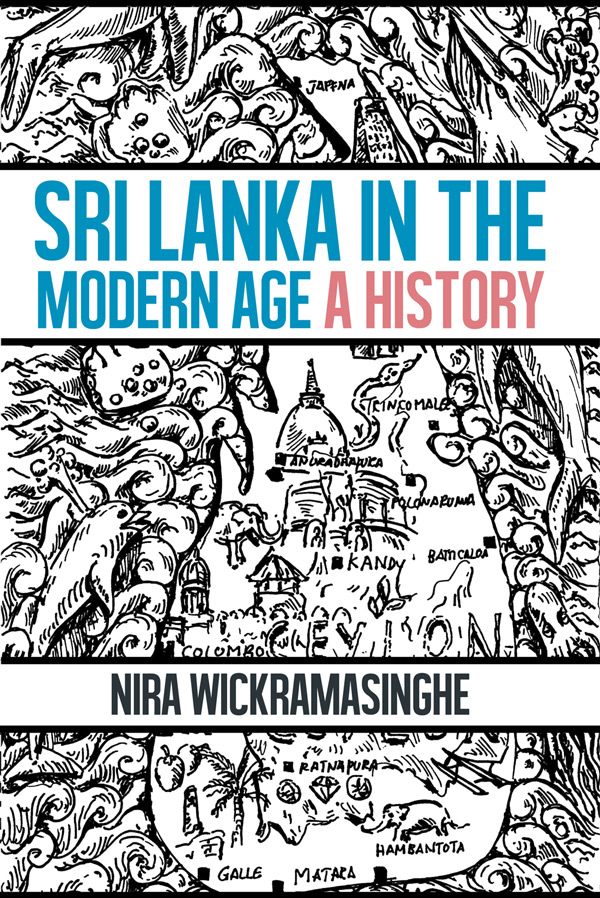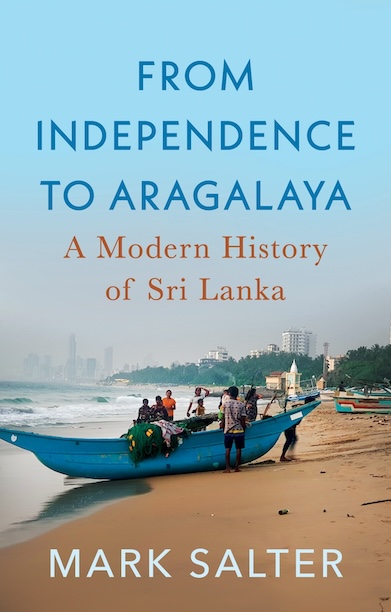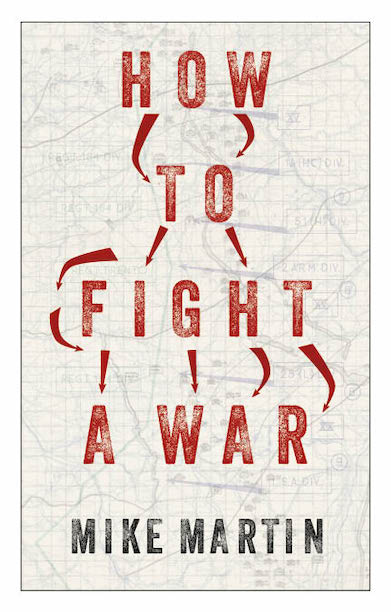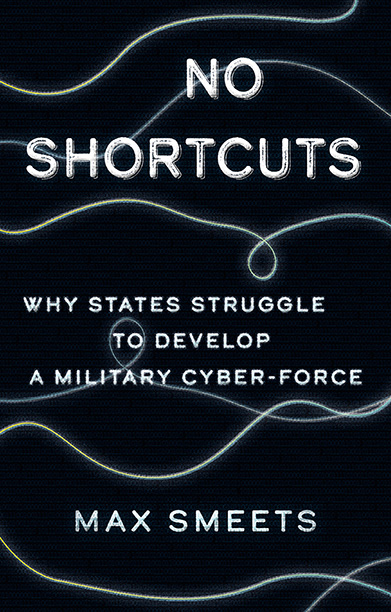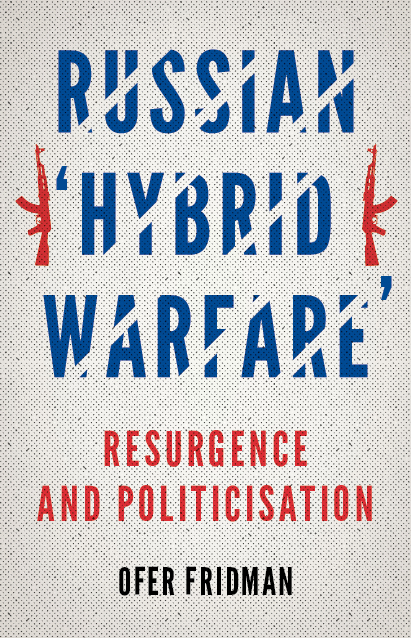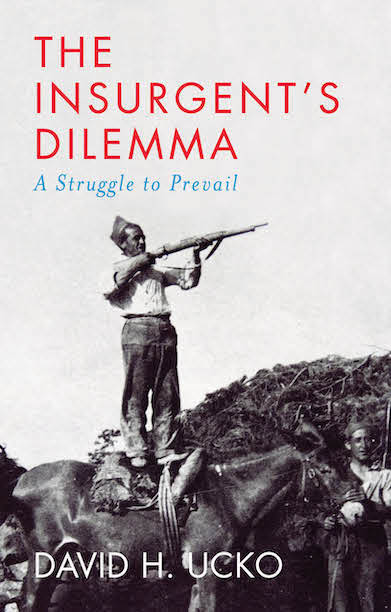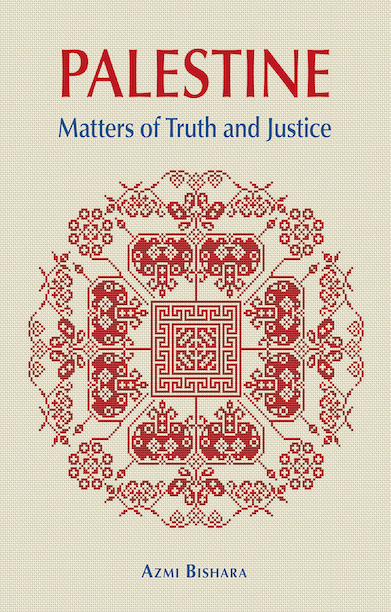Sri Lanka in the Modern Age
A History
Revised and expanded edition covering the end of the civil war and its aftermath.
Description
Sri Lanka in the Modern Age recounts the modern history of the island in an accessible yet unconventional manner. Where other histories have tended to focus on the state’s failure to accommodate the needs and demands of minority communities, Wickramasinghe places their claims alongside the political, social and economic demands of other communities, parties, associations and groups, tracing their lineages to the colonial period. This updated second edition carries the book into the present, covering the brutal end of Sri Lanka’s civil war and the making of oppressive stability that has grown in its wake.
Drawing on recent work as well as on her own research in the field, Wickramasinghe has written above all a history of the people of Sri Lanka rather than a history of the nation-state.
Table of contents
Preface: Identities and Histories
PART I: PRE-INDEPENDENCE YEARS: CHANGING LIVES
1. Colonial Encounters
Conquest and sovereignties
Conditions of differentiation; new identities
The British colonial state
New landscapes: the plantation
2. Colonialism and Constructed Identities
Counting and classifying: the census mode of knowledge
Constructing political identities: Kandyans and Ceylon Tamils
Colonial constructs of authenticity and gender differences
Evading colonial divides
3. National Framings: Authentic Bodies and Things
Spreading notions of authenticity: schools, reading, newspapers, theatre and new religious practices
Images of an authentic past
Authenticity in the present: dressing and caring for the authentic body
4. Before Independence: Communities and Conflicts
Symbolic struggles: riots and clashes in pre-independence
Ceylon
The vote and anti-migrant moves
Politics of violence: migrants during the Depression
4 February 1948: Independence
PART II: THE POST-INDEPENDENCE YEARS: POLITICAL CULTURES
5. Citizens, Communities, Rights, Constitutions, 1947–2000
Unmaking citizens
The Donoughmore Commission: origins and purity as the basis of rights
The Soulbury Report
The Soulbury Report, Indian citizenship and franchise
The 1948–9 Indian Citizenship Acts
Other Citizenship Acts
More rights and less representation: women as citizens
Legal and constitutional protection of women
Making a majority, 1948–87
From Draft Constitution 2000 to open-ended peace
Constitutional responses
6. The Search for Equality: The Left Movement and Insurrections
A combatant’s itinerary
The left in Sri Lanka
The left movement: origins
The war years
Post-war social unrest—the 1946–7 strikes
The decline of the traditional left, 1950–70
Disunity of the left
Electoral politics: the challenge of the SLFP
Dilution of the left: coalition politics
Policies of the left: from class to sectarianism
The rise of the Radical Left, 1965–70
The rise of the New Left, 1970–90: political violence
7. The Search for Sovereignty: Tamil Separatism/Nationalism
Being Tamil: multiple modes
Pan-Tamilness: ‘a great Tamil-speaking world of goodness’
Being Tamil: history and past
Regional modes of being Tamil
Being Tamil: diasporic ways
Land, language, education: the quest for Tamil rights 1950s–60s
Counternarratives: temple entry, caste, class
Elite politics and caste
Insurrection: 1970s–1983
War of attrition: from the 1983 riots to 2001
The spirit of Tamilness
8. Sri Lanka: The Welfare State and Beyond
Lineages of the past: peasant welfare and welfare measures
From welfare state to humanitarianism
Neo-welfarism: the humanitarian thrust
Alternatives: the rise of civil society
Postcolonial dilemmas: between globalisation and traditions
9. ‘Only A Great Land Wounded’: The End of the War
Mahinda Rajapaksa’s ascendance to power
Military campaigns in the Eastern Province
The ‘Peace with War’ strategy in the Northern Province in 2008
Insecurity and insurgent violence in 2008
The final battle, 2009
Human rights, NGOs and the shift in international norms
Electoral gains and the consolidation of the regime
Afterlives
Conclusion
10. The Post-War State: The Making of Oppressive Stability
Consolidation of power
18th Amendment
Creating a patronage state
Rajapaksa and family politics
Militarisation and gentrification: space as politics
Producing the present: patriotism and cultural heritage
Vying for popular appeal: merging of history and heritage
in Popular Culture
Contest over place/sites and practices
Heritage and violence
Through the interstices: social solidarities and the possibility of protest
Conclusion
Reviews
‘For those wanting to understand the origins of the disputes which have kept the island of Sri Lanka in turmoil for the past thirty-five years, Nira Wickramasinghe has written a packed and comprehensive account of the historical developments which have shaped the nation now known as Sri Lanka.’ — Asian Affairs
‘Sri Lanka in the Modern Age is a refreshing departure from historiography’s standard treatment of South Asia. … By putting a people-centred politics of identity at its centre, the book offers a different take from those proffered by historians on the relationship between state-building and the violent defence of territorially-based categorical identities in Sri Lanka; what it shows is that state-building does not consolidate an immanent nation, but rather works to produce certain people as the native, the national, the majority, the citizen through the simultaneous disavowal of others as the outsider, the minority, the migrant.’ — Contemporary South Asia
‘A neatly crafted, well documented historical narrative … A significant contribution to the discipline of history in Sri Lankan society.’ — Commonwealth and Comparative Politics
Author(s)
Nira Wickramasinghe is Professor and Chair of Modern South Asian Studies at Leiden University in the Netherlands. Her most recent books are Metallic Modern: Everyday Machines in Colonial Sri Lanka (2014, in press) and L'invention du vetement national au Sri Lanka: Habiller le corps colonise (2006).
